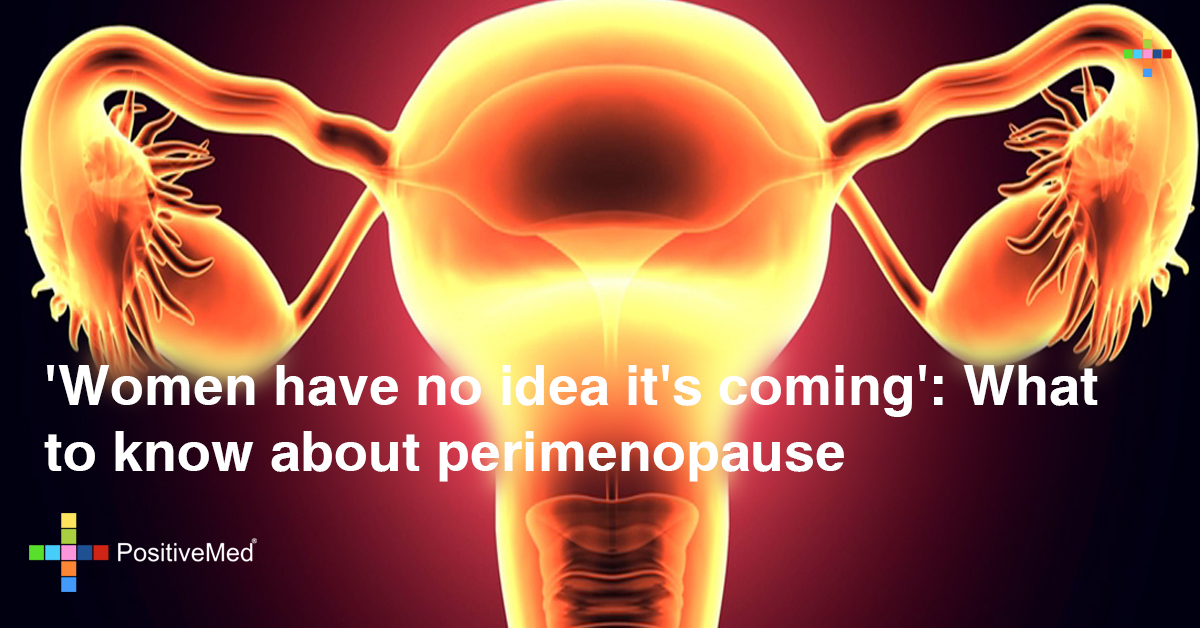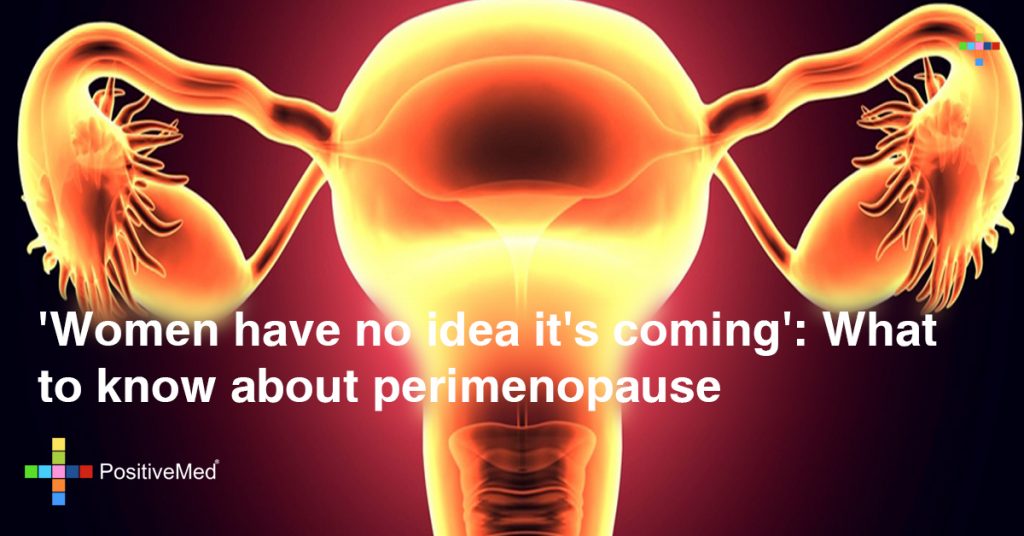Being a woman can be tough- at the tender age of pre-adolescent years, your monthly period may begin suddenly, later in the years, pregnancy may happen, and later in the years, your period may halt altogether. These events can cause womanhood to be highly confusing, and even frustrating at times.

In our later years, we often think that our years of unexpected bodily changes are long behind us, unfortunately, they are not. At some time in your lates’ the thirties or early forties, you may experience a condition known as Perimenopause. Women perimenopause varies per lady, but there are some symptoms to catch before it catches you unexpectedly.
What is Women Perimenopause?
Perimenopause, by definition, is the process of your body making a natural transition towards menopause. Your body becomes infertile for this time period and onwards. Consequently, the condition is also called the menopausal transition.
Perimenopause involves a fluctuation in estrogen, one of the main hormones in women. This fluctuation causes a decrease in monthly periods and even little to no release of eggs during these periods. After a full year of experiencing this decrease in menstrual cycles, it is safe to say that you have reached the age of menopause.
Accompanying Symptoms
This period of time may be a relief for some women, but it is often easy to mistake the symptoms of this condition with normal bodily changes. It is important to keep track of what symptoms you are experiencing and for how long. This can be what diagnoses you as menopausal or simply hormonal.
During this time, you may be experiencing a multitude of symptoms- some obvious and some not so much. Here is a small list of symptoms you may experience:
- The decrease in Periods: You may notice that your periods are not as consistent anymore. Your period flow may become heavy or increasingly light until it halts altogether.
- Hot Flashes: This is one symptom that most women complain about. Hot flashes are when your body becomes very hot or cold and are caused by your body’s temperature being unstable.
- Mood Swings: Mood swings may involve irritability and even depression in rare cases. Some doctors associate the onset of mood swings to be related to hot flashes.
- Vaginal or Bladder Problems: A decrease in estrogen levels can badly impact your body, making you more susceptible to urinary or vaginal infections, and cause vaginal dryness.
- Inconsistencies in Sexual Behavior: The onset of this condition may cause a change in your sexual desire and interest. However, if you have had positive past experiences or attitudes toward sex, this likely will not change.
- Cholesterol: Your cholesterol levels may also fluctuate, leaving you at a higher risk for heart disease. This is caused by an increase in LDL/ the “bad” cholesterol and a decrease in HDL.
There are no treatments for the condition, as it is a natural occurrence such as having a menstrual cycle. If the symptoms are interfering with your daily life, it may be best to visit a doctor. Every woman has to go through this condition once in their life, but now with this knowledge, it will not catch you off-guard!






